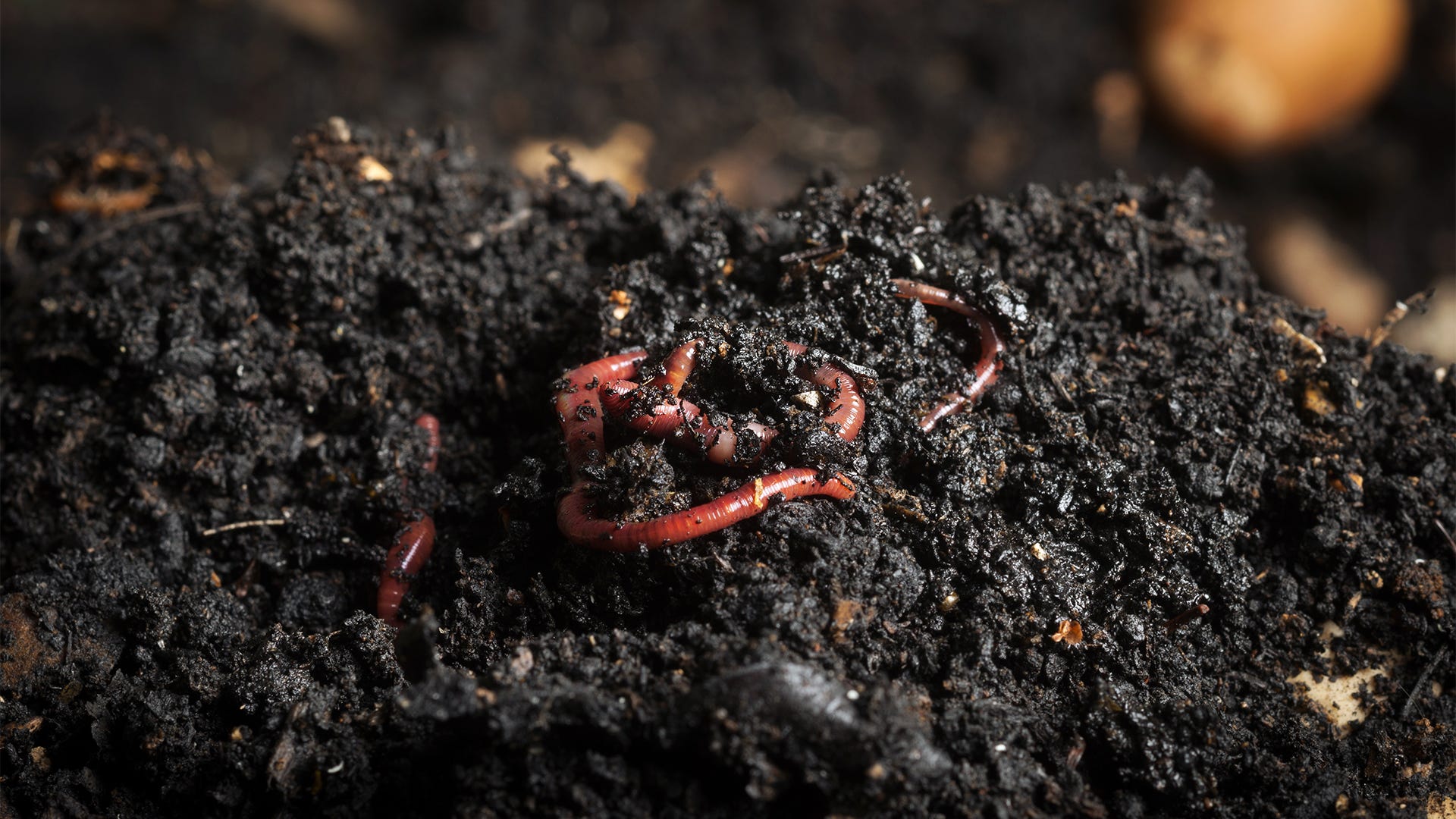Red Wiggler Worms - Natural Service for Eco-friendly Composting
Red Wiggler Worms - Natural Service for Eco-friendly Composting
Blog Article
Red Wiggler Worms Demystified: Opening the Secrets of Vermiculture for Greener Living and Nutrient-Rich Dirt
In the world of lasting methods for improving soil top quality and promoting eco-conscious living, red wiggler worms play an essential yet frequently forgotten role. Red Wiggler Worms. Recognizing the complexities of caring for these worms, maximizing their atmosphere, and using their castings can lead to a greener way of living and healthier dirt for plants to thrive.
The Function of Red Wiggler Worms
Red Wiggler worms play a vital role in composting systems by successfully breaking down raw material right into nutrient-rich castings. These starved eaters eat a range of organic products, such as cooking area scraps, yard waste, and paper items. As they feed, the worms' gastrointestinal procedures damage down the organic matter into a fine, dark, and nutrient-dense product recognized as worm castings or vermicompost.
The castings created by Red Wiggler worms are very helpful for dirt health and plant development. They are rich in necessary nutrients like nitrogen, potassium, and phosphorus, which are essential for supporting healthy and balanced plant growth. Additionally, worm castings have helpful microorganisms and enzymes that aid enhance dirt structure, increase water retention, and enhance nutrient uptake by plants.
Advantages of Vermicomposting

Additionally, vermicompost, the nutrient-rich final result of vermicomposting, works as an outstanding natural fertilizer and dirt conditioner. It improves dirt structure, boosts soil oygenation, and increases dirt moisture retention. These residential or commercial properties add to healthier plants with more powerful origin systems and much better resistance to parasites and illness. Vermicompost additionally enhances the dirt with important nutrients like phosphorus, potassium, and nitrogen, promoting plant growth and general soil fertility.
Additionally, vermicomposting supports sustainable gardening techniques by giving a chemical-free and natural alternative to synthetic fertilizers. Red Wiggler Worms. This eco-friendly strategy not just enriches the soil but likewise helps in reducing dependence on hazardous chemicals, promoting a greener and much more lasting method of horticulture
Establishing Up a Worm Container
When establishing a worm container for vermicomposting, proper arrangement is essential to make sure the success of the composting procedure. The initial step in establishing up a worm container is choosing a suitable container.
After adding the bed linens, present the red wiggler worms to the bin. The worms should after that be offered with food scraps such as fruit and veggie peels, coffee grounds, and eggshells.
On a regular basis keep track of the dampness levels and temperature level in the worm bin to make certain ideal problems for the worms. With appropriate setup and upkeep, the worm bin will successfully convert natural waste into nutrient-rich compost for your plants and garden.
Collecting Worm Castings
To successfully collect nutrient-rich worm castings from your vermicomposting system, a methodical harvesting technique is essential. When it find more information comes time to gather the worm spreadings, there are a couple of key steps to follow to make sure a successful procedure.

Troubleshooting Common Issues
Recognizing and addressing common challenges that may occur during the vermicomposting process is vital for keeping a healthy and balanced and productive worm container. One typical concern that vermicomposters experience is overfeeding. Including excess food scraps can result in an accumulation of dampness and acidity in the worm bin, potentially hurting the worms. To stop this, feed the worms in small amounts, ensuring that the food scraps are effectively damaged down prior to including extra. Another problem is undesirable smells originating from the worm bin. Foul smells suggest anaerobic problems, typically triggered by overwatering or poor ventilation. To fix this, change the wetness degrees by adding dry bedding products like shredded newspaper or cardboard and boost oygenation by transforming the bed linen consistently.
Additionally, if the worm populace is decreasing or the worms appear harmful, it could be as a result of environmental stressors such as extreme temperature levels or pH degrees. Checking these factors and making needed adjustments is necessary for the well-being of the worms. By fixing these usual concerns quickly, vermicomposters can make certain a successful and smooth vermicomposting procedure while preserving a growing worm population.

Conclusion
In verdict, red wiggler worms play an essential duty in vermiculture by damaging down organic matter into nutrient-rich soil. Setting up a worm bin is crucial for effective vermiculture, and collecting worm castings provides beneficial compost for gardening.
As they feed, the worms' digestive procedures damage down the organic issue right into a penalty, dark, and nutrient-dense material known as worm castings or vermicompost.
The Our site spreadings created by Red Wiggler worms are extremely advantageous for soil health and plant development. Including excess food scraps can lead to an accumulation of dampness and level of acidity in the worm container, possibly harming the worms.Additionally, if the worm populace is declining or the worms appear undesirable, it might be due to environmental stress factors such as severe temperatures or pH degrees. Establishing up a worm container is essential for successful vermiculture, and harvesting worm castings gives important garden compost for horticulture.
Report this page